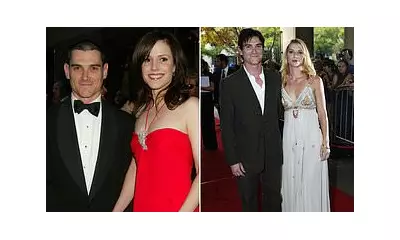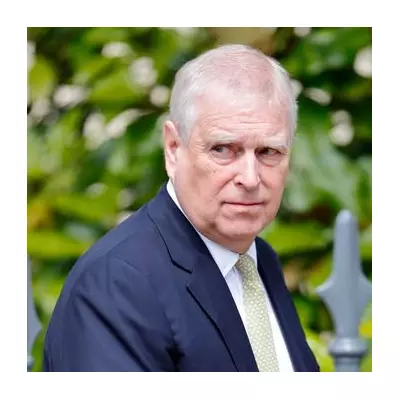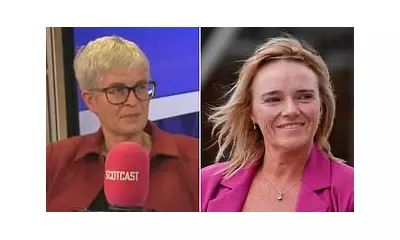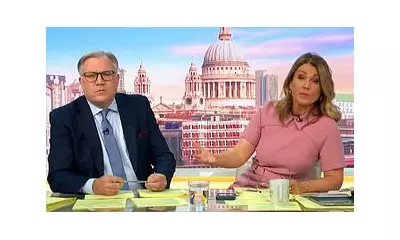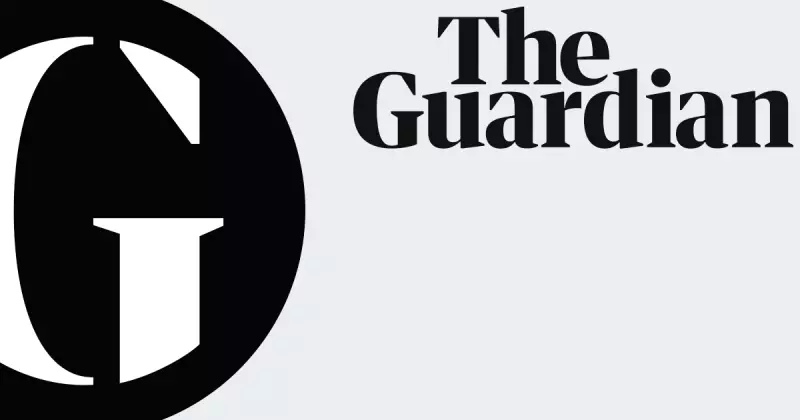
In a biting new political cartoon that has captured international attention, renowned satirist Martin Rowson presents a damning portrayal of the relationship between Donald Trump and Vladimir Putin against the backdrop of the ongoing Ukraine conflict.
A Masterclass in Political Satire
The illustration, published in The Guardian, depicts the former US president as a marionette controlled by his Russian counterpart, with Putin visibly pulling Trump's strings. The powerful imagery suggests Trump's actions and statements align suspiciously with Kremlin interests, particularly regarding the war in Ukraine.
Rowson's artwork masterfully employs classic cartoon symbolism to convey complex geopolitical dynamics. The puppet metaphor resonates strongly given ongoing concerns about foreign influence in Western politics and Trump's frequently sympathetic stance toward Putin throughout his presidency and beyond.
Symbolism and Significance
The cartoon's visual elements speak volumes:
- Trump appears as a dancing puppet, stripped of autonomy
- Putin stands as the master puppeteer, controlling movements
- Ukrainian imagery in the background contextualises the power play
- The composition emphasises the imbalance in their relationship
This isn't the first time Rowson has turned his sharp pen toward the Trump-Putin dynamic, but the timing of this particular piece feels especially poignant given the current escalation in Eastern European tensions and Trump's potential return to the political arena.
Broader Political Commentary
The cartoon serves as more than just entertainment—it's a serious commentary on Western democracy's vulnerabilities to foreign manipulation. By reducing complex diplomatic relationships to simple, powerful imagery, Rowson makes abstract political concerns accessible to a broad audience.
Political cartoons have long served as the conscience of nations, and Rowson continues this tradition with his unflinching critique of the special relationship between the American businessman-turned-politician and the Russian leader.
The publication comes at a critical juncture in international relations, as Western nations grapple with how to support Ukraine while managing relationships with Russia. Rowson's work suggests that some political figures may be more focused on personal relationships than national interests.


